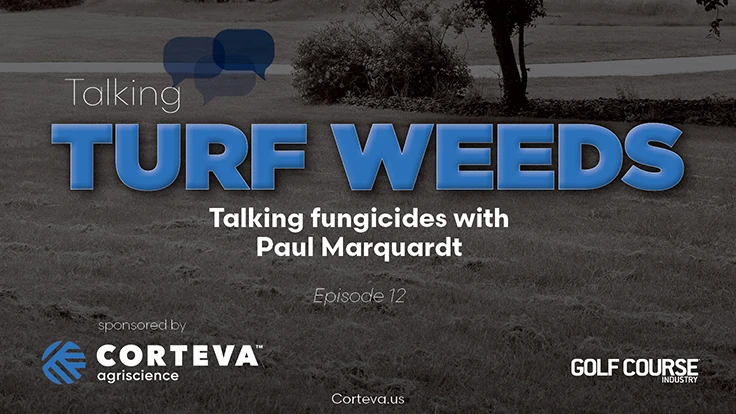
Adobe Stock
As I reflect on the lessons I have learned from my father over the years, one stands out as particularly valuable: the power of asking why.
From a young age, my father, a longtime golf course superintendent, instilled in me the importance of being curious and inquisitive, never settling for the status quo, and always seeking to understand the underlying reasons behind the things that we do. This lesson has served me well in all areas of my life, from my education and career to my relationships and hobbies. By asking why, I have gained a deeper understanding of the world around me, challenged my assumptions and biases, and made more informed decisions.
In my professional life, for example, I have found that asking why has helped me become a more effective and knowledgeable leader. By seeking to understand the motivations and needs of our team members, I have created a more collaborative and supportive work environment where everyone feels valued and heard.
Asking why is among the most powerful tools in a golf course superintendent’s toolkit. By asking thought-provoking, inquisitive questions, you can better understand the principles behind turfgrass management and become a more effective superintendent. If you notice that a particular section of the course is not growing as well as it should be, you might ask, “Why is this happening?” By asking this question, you are starting to explore the underlying causes of the problem. Perhaps the soil is too compacted, or there’s too much shade in the area. Understanding the root cause of the problem leads to developing a targeted solution that will help the grass grow more effectively.
Another way to use the power of why is to ask questions about new products or techniques you are considering using on the course. If you are considering trying a new fertilizer, you might ask, “Why is this product better than the one we are currently using?” By asking this question, you are seeking to understand the benefits of the new product as well as any potential drawbacks.
The power of why can also help you develop a deeper understanding of the principles behind turfgrass management. You might ask, “Why do we need to mow the grass so often?” Pondering this question means you are exploring the benefits of frequent mowings, such as promoting healthy growth and reducing the risk of disease.
By asking why, you can delve deeper into the intricacies of turfgrass management. If you notice a brown patch on the green, you could simply order a fungicide and hope for the best. But by asking why, you can identify the root cause of the issue and implement a targeted solution. Perhaps the brown patch is caused by poor drainage or overwatering. Or perhaps it’s the result of an insect infestation or a nutrient deficiency. Asking why helps you determine the underlying problem and address it directly.
The power of why doesn’t stop there. By asking thought-provoking questions, you can gain a better understanding of the science behind turfgrass management. You can explore the nuances of soil composition, plant physiology and pest management, and develop a more holistic approach to course maintenance.
By asking why, you stay ahead of the curve in terms of new developments and emerging best practices. Questioning traditional methods and exploring alternative approaches allows you to continue improving your skills and expertise as a superintendent. Ultimately, the power of why is about developing a curious mindset. Asking questions and seeking to understand the underlying principles of turfgrass management makes you a more effective and knowledgeable superintendent.
Asking why is not always easy. It requires a willingness to be vulnerable, to admit that we don’t have all the answers, and to be open to new ideas and perspectives. It can also be uncomfortable at times, as we might be forced to confront our own biases and assumptions and challenge long-held beliefs.
Ultimately, I believe that the power of asking why is one of the greatest gifts we can give ourselves and others. By seeking to understand the world around us and approaching each situation with curiosity and openness, we can lead richer, more fulfilling lives, and make a positive impact on the world around us.
So, next time you’re faced with a challenge on the course, don’t be afraid to ask why. Embrace the power of inquisitive thought and explore the depths of golf course management.
To my father, and to all the other fathers out there who have instilled in their children the value of asking why, I say thank you. Your lessons have not gone unnoticed, and they have made a profound difference in the lives of many.
Matt Gourlay, CGCS, MG, AGS, is the director of golf course operations at Colbert Hills in Manhattan, Kansas.





